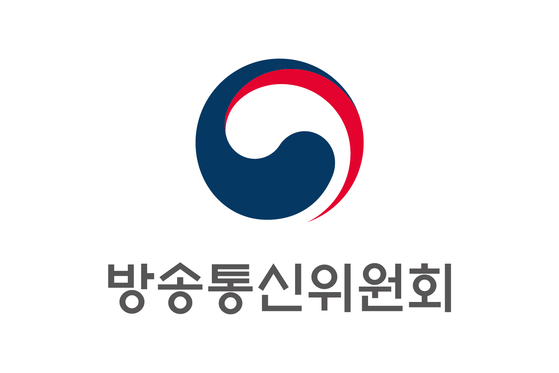
As early as June, terrestrial broadcasters’ interim advertisements will be fully allowed. In addition, the total amount of advertisements for terrestrial broadcasts will increase to the level of paid broadcasts such as cable TV.
On the 13th, the Korea Communications Commission held a plenary meeting at the government’s Gwacheon government office to deliberate on amendments to the enforcement ordinance of the Broadcasting Act, and announced the legislation.
According to the amendment, the number of terrestrial programs for 45 to 60 minutes can be increased once per 30 minutes (1 minute per session) and for 60 to 90 minutes programs can be increased up to six times per 30 minutes. It is the same standard as the existing paid broadcasting and DMB. In addition, the total amount of advertisements has been revised in the direction of “resolving regulatory differences between media”, increasing the advertising time of terrestrial broadcasting from a maximum of 18% to 20% per programming time. In addition, the daily average ad time is also adjusted from 15% to 17%.
Korea Broadcasting Commission Chairman Sang-hyuk Han said, “By actively improving the laws and regulations related to the current broadcasting sector that do not contain rapid changes in the media environment, and unfair and discriminatory systems and practices, we will make institutional improvements so that the management crisis in the domestic broadcasting market does not lead to weakening of the public value of broadcasting. I will promote it.”
The Korea Communications Commission plans to announce the revised enforcement decree in June after a legislative notice and consultation with related ministries in January-March, finalizing the review by the Ministry of Legislation and the resolution of the Vice Minister and State Council by May. The amendment to the enforcement ordinance to allow terrestrial interim advertisements was announced in 2018 as well, but it was canceled in the process of collecting opinions.
At the general meeting of the Korea Communications Commission, it was decided to pursue the policy plan to revitalize the broadcasting market. Among the measures proposed by the Korea Communications Commission, ▶ a full review of the current system to combine advertisements from terrestrial broadcasting and local and small and medium-sized broadcasters ▶ Instead of the current’positive regulation’ that allows only advertisement types specified in the broadcasting law enforcement decree, only prohibited advertisement types are regulated, and the rest are in principle. It also included the introduction of’negative regulations’ that are allowed as a result. Both issues have been continuously requested by terrestrial broadcasters and advertiser associations.
Opposition parties, civic groups, and experts expressed concern about the KCC’s decision.
“Even if terrestrial intermediary advertising is allowed, it will not have a significant impact on the market. It is difficult to prevent advertising exodus from already escaping through the Internet or mobile,” said Hwang Geun, a professor at Sunmoon University’s Department of Media and Advertising. “The basis for the existence of the Korean government will be destroyed.”
Congressman Park Seong-jung, a secretary on the opposition party of the National Assembly’s Science Information Technology Broadcasting and Communications Committee, said, “I’ve been benefiting from good frequencies so far. He pointed out that there is a problem with the policy of unilaterally accepting only one side (terrestrial) without a persuasion process.”
Reporters Jiyoung Lee and Seongwoon Yoo [email protected]
